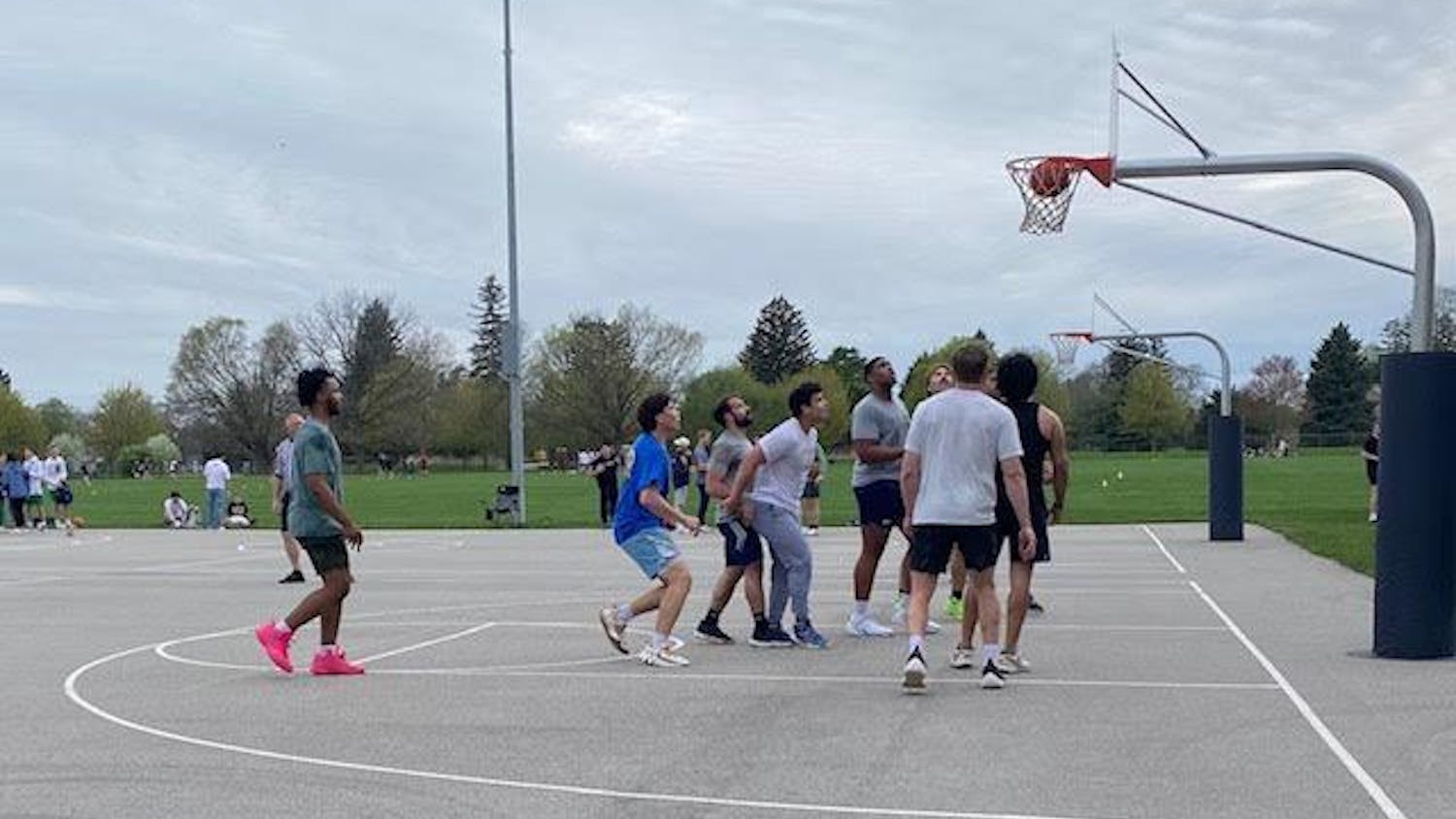Dr. Subhash Basu, professor emeritus of chemistry and biochemistry, will embark on a speaking tour of India on Tuesday to discuss his current research on potential new anti-cancer drugs.
Basu will make his second appearance at the International Cancer Research Symposium on Dec. 19 in Calcutta when he gives a lecture titled "Probable New Therapeutic Drugs for Breast and Colon Cancers."

"The invitation to this symposium is very prestigious. Sixty people from all over the world are going to Calcutta," he said. "I will tell them what our plan is for the delivery of these new anti-cancer drugs."
Basu's lecture tour will also include an appearance at the Indian Science Congress on Jan. 4, where he will discuss the apoptotic, or cell-killing, effects of the drugs he is working with his collaborators to develop.
"Our work is important, and we get an invitation every year to speak at these sorts of things," he said.
Basu said he and his research team have discovered five to six different new anti-cancer compounds that would be useful for treating colon and breast cancer patients.
"These chemicals are quite toxic to biological cells and they kill cancer cells by enhancing apoptosis, or programmed cell death, in a very micro amount," he said.
Now that these cancer-killing compounds have been discovered, Basu said the main goal of his work is to determine ways to deliver the drugs into patients at the location of the cancer without harming the healthy cells around the cancerous ones.

"Cancer cells normally die of necrosis - they make holes in themselves," he said. "When apoptosis happens, the cell gets bigger and its DNA starts degrading until the cell cannot function."
Basu said about 50,000 women die of breast cancer in the United States each year, so his research could impact thousands of lives in the future.
"Chemotherapy could be improved by our procedure by giving patients micro doses of drugs so they don't kill the normal cells," he said. "Thus, the success of these apoptotic chemicals as anti-cancer drugs depends on their proper delivery to the cancer sites."
To facilitate and fund his research in this area, Basu founded the Cancer Drug Delivery Research Foundation (CDDRF) in 2010, of which he serves as president. The foundation received its first major source of support when the University transferred all of Basu's recoupment to CDDRF in May, he said.
"All this recoupment was brought in by me from federal grants and other sources during my time at the University," Basu said. "This foundation is tax-exempt and will help only for my research, so any patent money we get can go into the research as well."
Basu said his status as a permanently appointed emeritus professor gave him the freedom to move his lab from campus to a currently undetermined site near campus.
"The University said I would have to give half of whatever I bring in to Notre Dame if I continue to work in a lab here," he said. "It becomes cheaper for me to run my lab outside because I can use 100 percent of my money for research."
Since joining the faculty at Notre Dame in 1970, Basu has received major grants from the National Institutes of Health and the National Cancer Institute.












